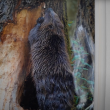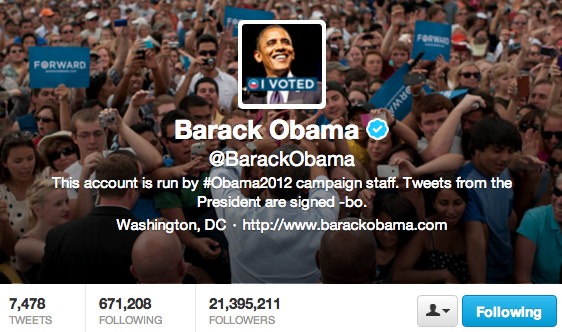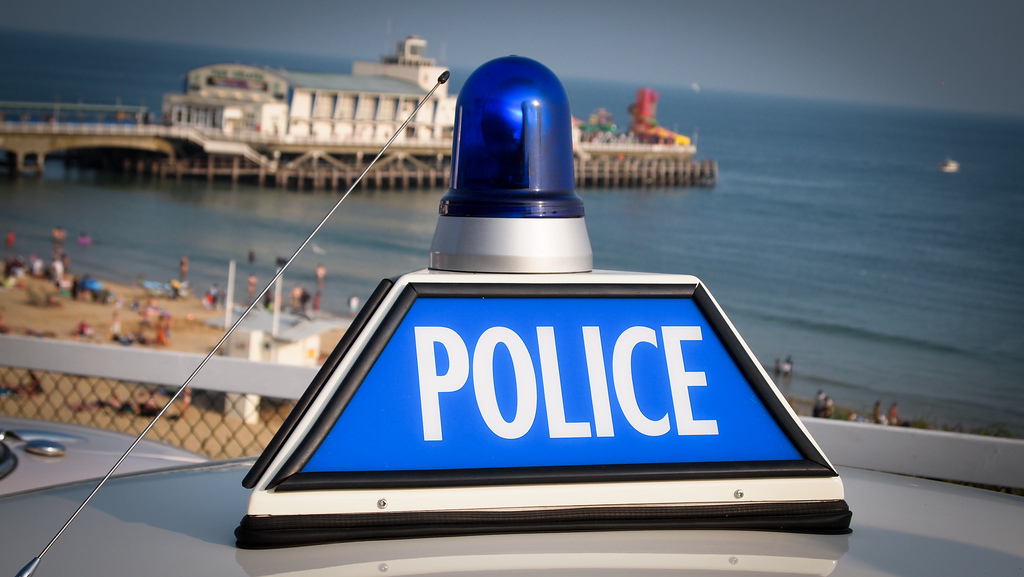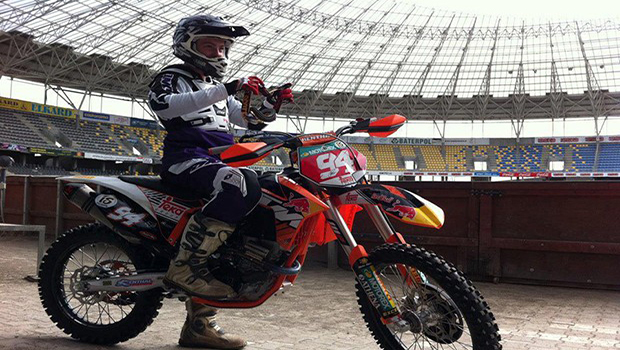Embracing new technologies has often been a critical element of a successful election campaign. Calvin Coolidge had radio, JFK had TV – this time around, it’s social media that candidates must master. At times, it’s not so much an important battleground to win over, but a minefield that candidates must cross.
President Obama may have pioneered the use of social media in his 2008 election campaign as a tool for organising, fundraising and communicating with voters but social media has come a long way since then. Take Twitter for example. In 2008, around 400 million Tweets were sent. In 2012, 400 million Tweets are sent every single day. Purely based on the sheer volume of traffic that social media websites now generate, one can’t help but think that they could have a major part to play in deciding the outcome on November 6th.
In the final three minutes of Super Bowl XLVI, an average of 10,000 tweets were sent every second. This is relevant because it highlights the growing popularity of ‘live tweeting’, a concept that has been a big part of this year’s Presidential debates. The first Obama-Romney debate generated over 10 million tweets, proving once more that social media and live TV go hand in hand.
GIF Gaffes
The debates have also produced two of the top ‘viral’ moments of the election. In a discussion of Public Broadcast Service cuts, Mitt Romney made a reference to Big Bird. The result? Over 200,000 tweets relating to the Sesame Street character, countless memes and many animated GIFs. Things weren’t about to get better. The second debate produced an unfortunate foot-in-mouth moment from the Republican candidate. In an attempt to appear passionate about gender equality, Romney recalled when he was presented with “binders full of women” when he had been looking to employ qualified women. Within seconds the comment had gone viral meaning Twitter and Tumblr parody accounts, a Facebook page, more memes and more embarrassment for the candidate and his team.
The way in which the general public have utilised social media has been, and will continue to be, important, but it is perhaps more valuable to analyse how the candidates themselves have adopted the new technologies. This infograph shows how Obama and Romney use social media. Worryingly for the Republican candidate, Obama wins in every category. This is to say that Obama has more Myspace friends, more Twitter followers and far more Facebook ‘likes’ than his opponent. He has also been more active on Youtube and Flickr, posting more videos and photos on the respective websites. The tech-savvy President also leads on other platforms such as Google+ and Pinterest. Obama also took to Reddit, calling users to “Ask Me Anything”, and even showing awareness of Internet memes. If this election is being fought out online then Romney is clearly lagging behind.

Harmless Fun?
It would be easy to assume that Obama’s involvement in social media has a lot to do with the fact that many of his supporters are avid users of these websites. Research by Pew shows that Internet users between the ages of 18 and 29 are the most likely to promote political material, share political opinions and repost political content.
With this said, the way in which Obama and Romney can actually use social media to sway younger voter’s opinions may actually be quite limited. Although sites such as Twitter and Facebook are immensely popular amongst the young demographic, the way in which they view and use them is not always straightforward.
Speaking to Matt Colangelo, a 24-year-old student based in Boston, highlighted this point. He says: “What I’m getting and engaging with online is really just election banter. Big Bird. Binders full of women.”
But even banter can have an impact on people’s perspectives. Matt says: “The banter has been pretty one-sided. The Democratic Party, with the help of Blue State Digital, is getting tons of earned media. People are making fun of Romney left and right, making him seem more and more out of touch every minute.”
Although it may be unclear as to whether Facebook likes and Twitter followers will translate into votes on election day, the ways in which the President and especially the general public seem to have engaged with events online certainly make this a social media election.







